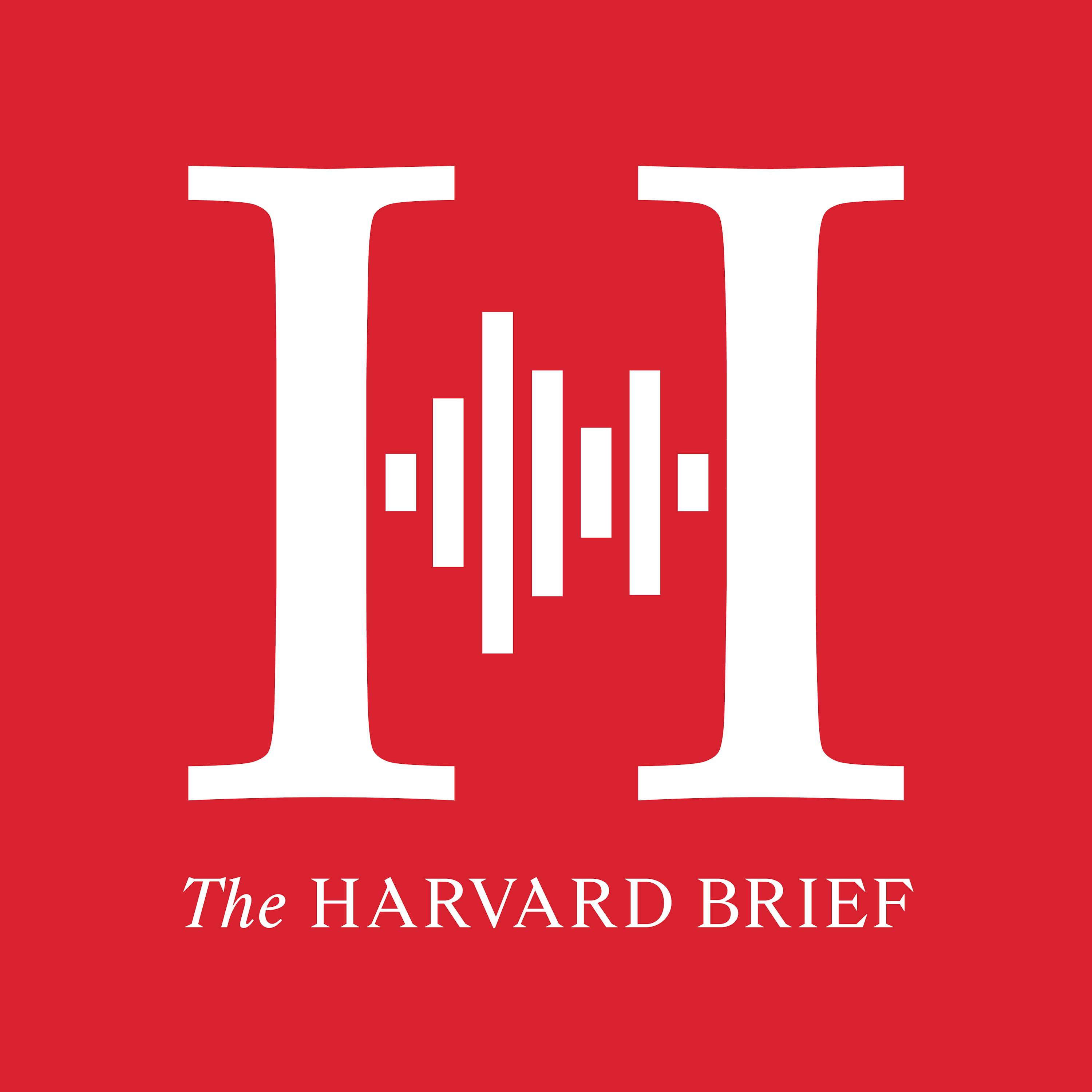Harvey Whitehouse, "Inheritance: The Evolutionary Origins of the Modern World" (Harvard UP, 2024)
Description
Each of us is endowed with an inheritance--a set of evolved biases and cultural tools that shape every facet of our behavior. For countless generations, this inheritance has taken us to ever greater heights: driving the rise of more sophisticated technologies, more organized religions, more expansive empires. But now, for the first time, it's failing us. We find ourselves hurtling toward a future of unprecedented political polarization, deadlier war, and irreparable environmental destruction.
In Inheritance: The Evolutionary Origins of the Modern World (Harvard University Press, 2024), renowned anthropologist Harvey Whitehouse offers a sweeping account of how our biases have shaped humanity's past and imperil its future. He argues that three biases--conformism, religiosity, and tribalism--drive human behavior everywhere. Forged by natural selection and harnessed by thousands of years of cultural evolution, these biases catalyzed the greatest transformations in human history, from the birth of agriculture and the arrival of the first kings to the rise and fall of human sacrifice and the creation of multiethnic empires. Taking us deep into modern-day tribes, including terrorist cells and predatory ad agencies, Whitehouse shows how, as we lose the cultural scaffolding that allowed us to manage our biases, the world we've built is spiraling out of control.
By uncovering how human nature has shaped our collective history, Inheritance unveils a surprising new path to solving our most urgent modern problems. The result is a powerful reappraisal of the human journey, one that transforms our understanding of who we are, and who we could be.
Harvey Whitehouse is Director of the Centre for the Study of Social Cohesion at the University of Oxford.
More Episodes
Published 11/10/24
In the tense years of the early Cold War, American and Soviet women conducted a remarkable pen-pal correspondence that enabled them to see each other as friends rather than enemies.
In a compelling new perspective on the early Cold War, prizewinning historian Alexis Peri explores correspondence...
Published 10/24/24
"With the benefit of hindsight, it is clear that 1949 was actually the beginning, not the end, of the Chinese revolution." Building from this premise, Andrew G. Walder's new book looks at the ways that China was transformed in the 1950s in order to understand why and how Mao's decisions and...
Published 10/18/24


